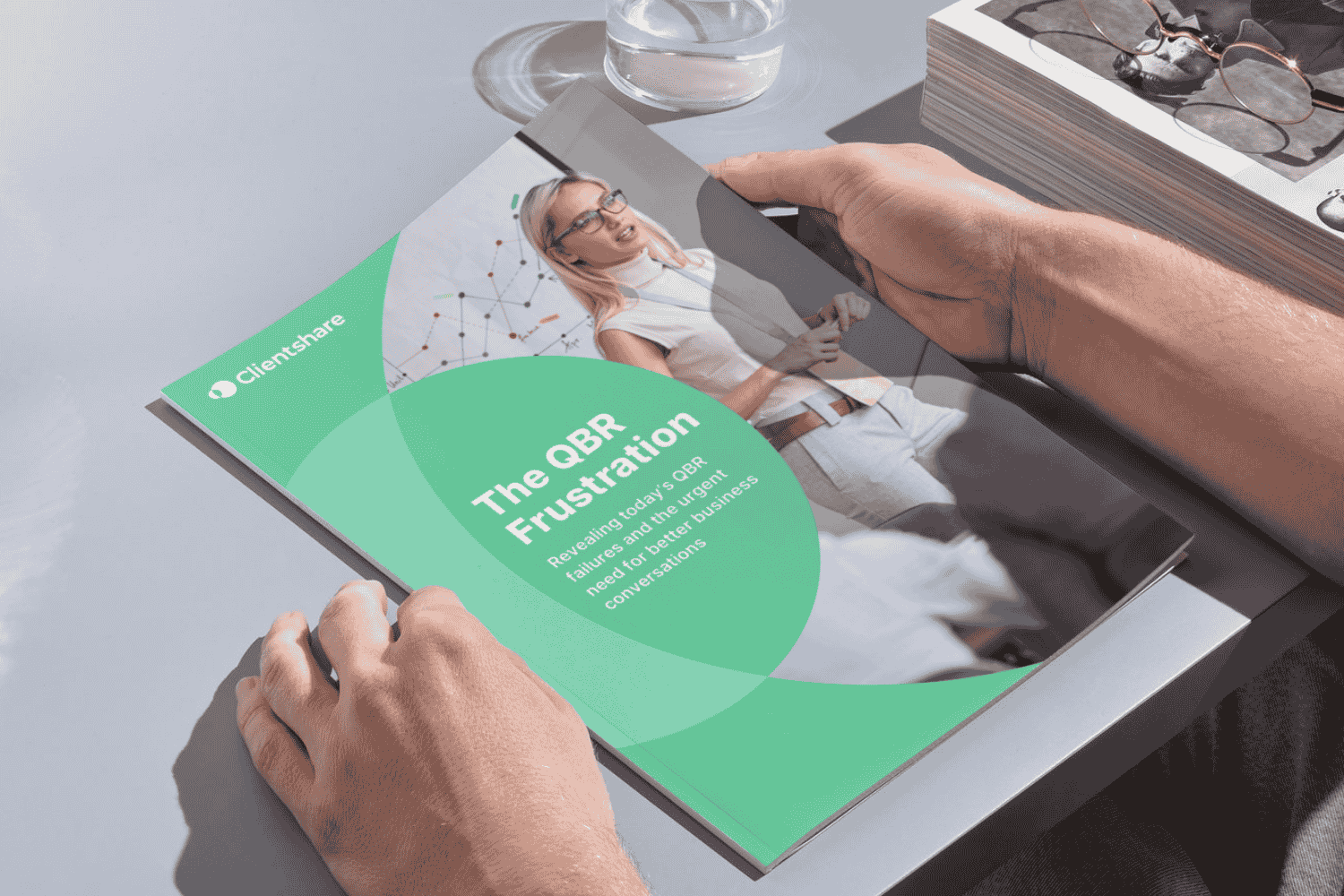To make the most of this opportunity, suppliers should engage in the discussion by asking meaningful questions. Below are some key questions suppliers should consider asking during their regular Business Reviews:
1. How has our partnership impacted your business this quarter?
Rationale: Asking this question helps the supplier gain insight into the tangible value their product or service is providing to the buyer. Understanding the buyer’s perspective helps the supplier tailor their offerings to improve performance for the client going forward.
2. Have you faced any challenges that we may not be aware of?
Rationale: Buyers may be dealing with internal challenges that aren’t immediately obvious to the supplier. By asking directly, the supplier shows they’re invested in the client’s success and have their best interest at heart. This also uncovers opportunities for the supplier to adjust their approach, so it better matches the buyer’s needs.
3. Are you planning any changes to your business strategy that we should align with?
Rationale: Knowing about changes in the buyer’s business plan, such as new product launches, market expansions or shifts in priorities, allows the supplier to be proactive in their service. This question signals that the supplier is committed to a long-term relation, and not just fulfilling current orders.
4. How do you feel about the level of communication between our teams?

5. What additional value could we bring to your organisation?
Rationale: Open-ended questions reinforce the idea that your partnership is not a static flow of transactions, but rather an organic partnership that can, and should, be continually adapted and evolved. By encouraging the buyer to think creatively about the partners
6. Are there any concerns about your market / industry that could affect our partnership?
Rationale: External factors like economic shifts, supply chain disruptions or industry regulations can impact the buyer-supplier dynamic. By asking this, the supplier shows they’re proactive about understanding the broader business landscape and are prepared to address potential challenges collaboratively.
7. How do you measure success with our partnership?
Rationale: Understanding how the buyer defines success allows the supplier to focus on the right metrics and deliverables. Whether the buyer is looking for cost savings, improved efficiency or innovative solutions, knowing the key criteria for success ensures that the supplier’s efforts are aligned with the buyer’s expectations.
8. What improvements can we make to our products, services or processes?
Rationale: Asking for specific feedback on where the supplier can improve shows a commitment to continuous improvement. It also opens the door for the buyer to voice concerns or suggestions they may have been hesitant to bring up earlier, allowing the supplier to address issues before they become major problems.

9. Is there any part of our service that doesn’t add value to your business?
Rationale: This question may identify aspects of the service that are redundant or inefficient. It allows the supplier to fine-tune offerings, ensuring resources are better allocated.
10. Are you using other suppliers whose offerings overlap with ours?
Final thoughts
Suppliers who actively ask questions not only demonstrate their commitment to the buyer’s success but also position themselves as strategic partners, rather than just vendors. Through an open exchange of ideas and concerns, both parties can work together to optimise the partnership and secure a long-term collaboration.

Read more:

.jpg?width=316&height=237&name=The%20QBR%20Delusion%20-%20blog%20thumbnail%20(2).jpg)


